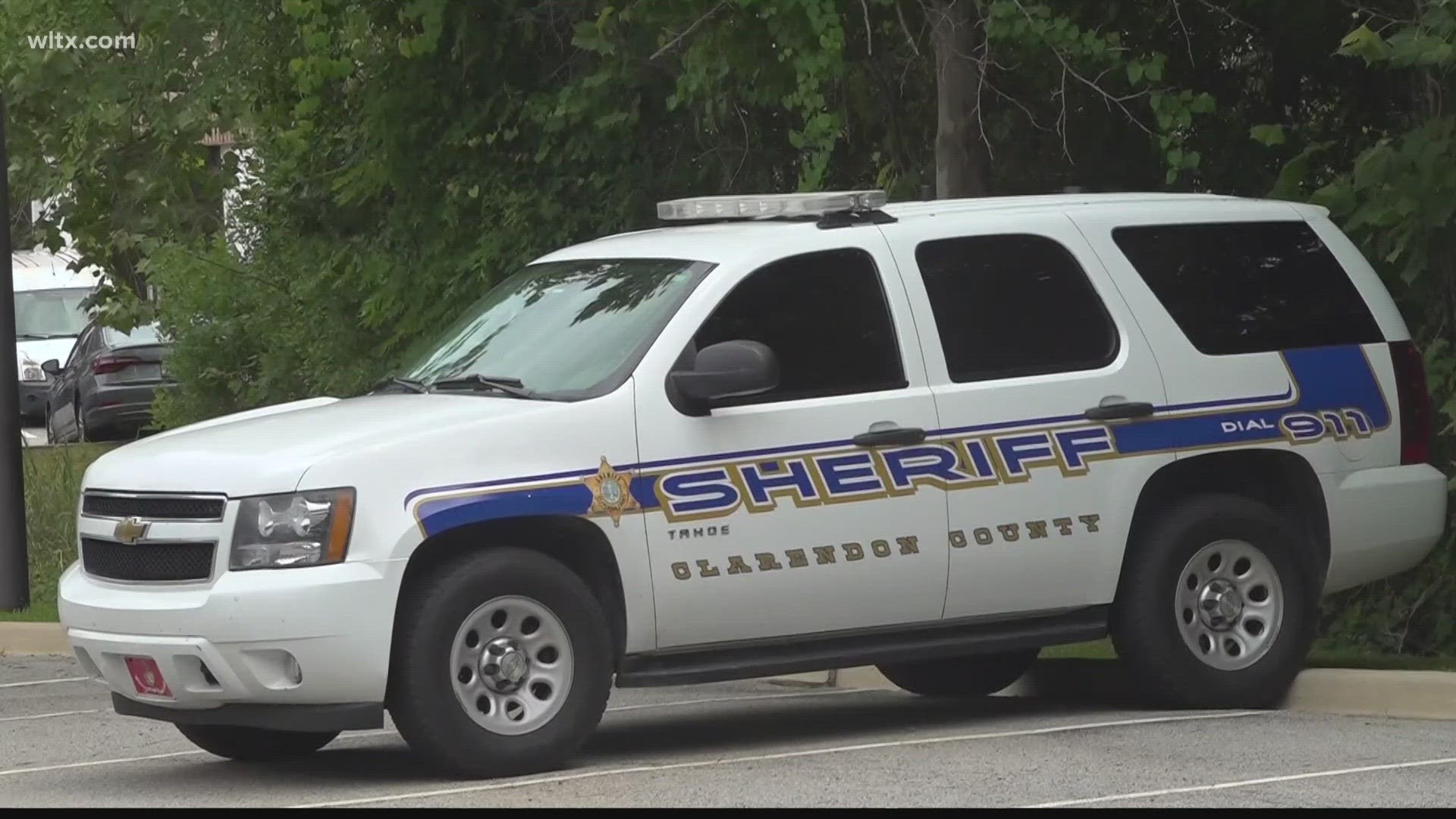COLUMBIA, S.C. — Following a fatal police chase that concluded on I-126 in Columbia last week, questions linger about how law enforcement policies are crafted and how agencies prepare for high-stakes pursuits.
Jackie Swindler, Director of the S.C. Criminal Justice Academy, stresses, "All of this is just a process to of course improve police practices."
Swindler explains that in 2022, a state law tasked the Law Enforcement Training Council at the Justice Academy with setting minimum standards for agencies. These standards were then given to every law enforcement agency in the state.
"They have to have at least these standards then they would draft their own actual policy to fit their agency," Swindler adds.
All agencies were required to create and adopt nine policies by January 2023, including vehicle pursuit standards. After agencies formulate these policies, the Criminal Justice Academy evaluates them.
"We hire two evaluators, here at the academy, and they actually went out last year to all of the agencies not accredited," Swindler says.
Agencies with state or national accreditation were exempt, as they already had pursuit policies.
"Agencies who are accredited from the state or national accreditation could have 150-250 policies," Swindler explains.
While each agency must have a policy, there's no set standard for what it must include. This means some agencies may decide not to pursue at all, while others may choose to pursue every time a suspect doesn't stop when signaled.
Sheriff Lee Boan of Kershaw County, an accredited agency, says, "in our county, we will never have a no-chase policy, to say we will never have a no-chase policy doesn't mean they won't call off a chase if it gets too dangerous."
Boan, like most departments, considers factors such as time of day and road conditions when making split-second decisions during pursuits.
Director Swindler advises all agencies to get accredited, emphasizing the benefits of having court-approved policies.
"The benefit is great: you are doing policies that have been court-approved," Swindler emphasizes. "This means those practices courts have said that's the correct way to do that. If you do it this way you are actually somewhat making yourself liability-proof,"
Sheriff Boan expresses concern about the lack of strict enough deterrents for suspects who don't stop when law enforcement tries to pull them over. He hopes to see a change made in the next legislative session.

